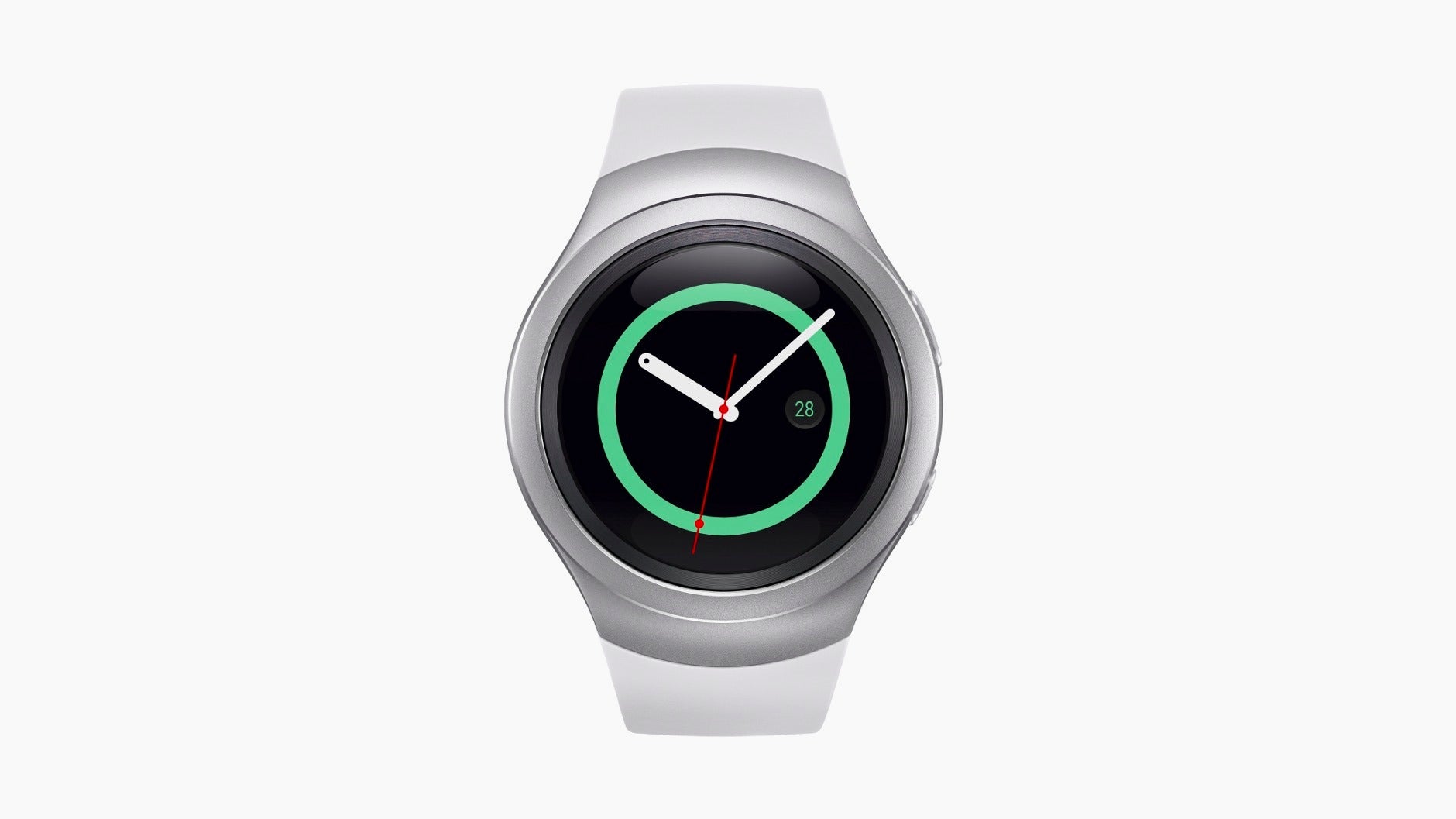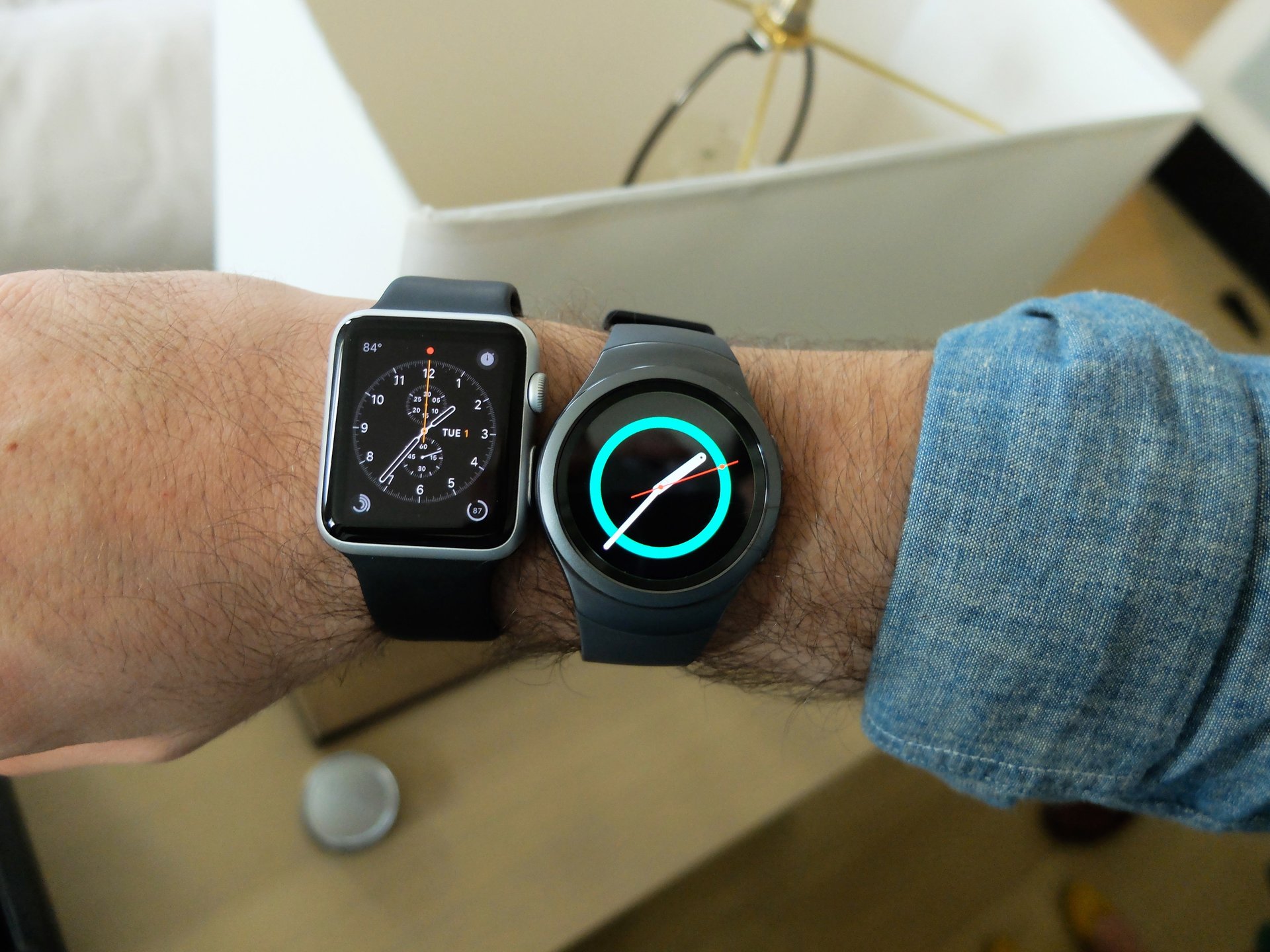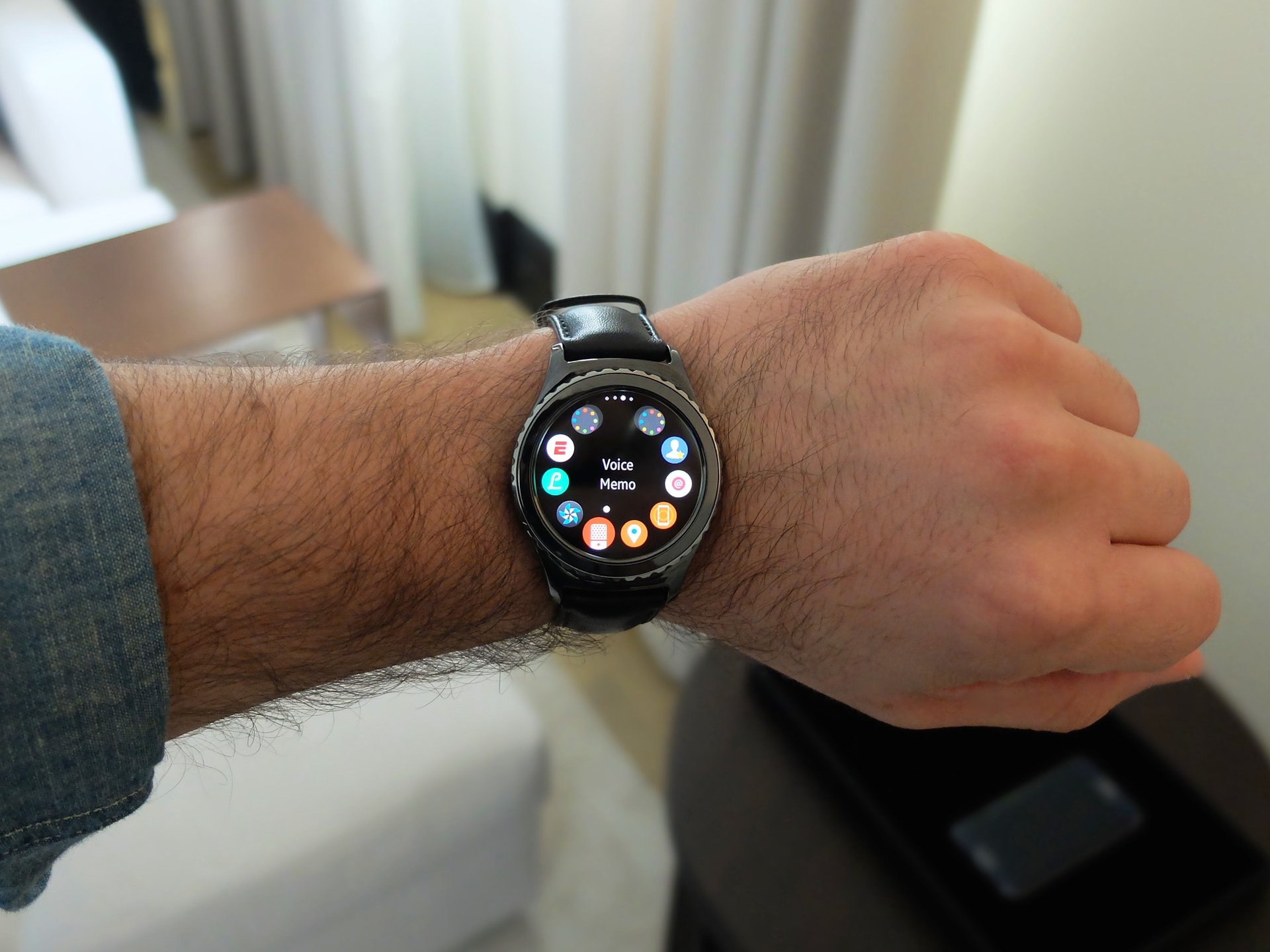Why Samsung’s new smartwatch doesn’t run Android
Samsung has released some more information on its next generation of smartwatches, the Gear S2. Unlike most of the spate of non-Apple watches being released this week, it’s not running Android Wear. Instead, Samsung has opted to continue using Tizen, the Linux-based operating system that powers its smart TVs and some phones in India.


Samsung has released some more information on its next generation of smartwatches, the Gear S2. Unlike most of the spate of non-Apple watches being released this week, it’s not running Android Wear. Instead, Samsung has opted to continue using Tizen, the Linux-based operating system that powers its smart TVs and some phones in India.
David Ng, a product manager on Samsung Gear, told Quartz that Tizen “offers more flexibility” than Google’s Android Wear. Ng said Tizen—which is essentially controlled by Samsung—allows the company to build out interactions and user experiences—including Apple Watch-like dynamic watch faces—that Wear doesn’t. For example, the Gear S2 is partially controlled by a movable bezel that works like a chronograph dial; you can turn it left to see notifications, right for apps. Using Android Wear as an operating system apparently would not have allowed for this kind of interaction. (Incidentally, Samsung is calling its spinning bezel a “rotary dial,” which also happens to be the name for a type of phone first introduced in 1892.)

Samsung worked with roughly 100 companies to help them build Tizen watch apps for the launch of the Gear S2, including Nike, Uber, Twitter, and ESPN. There were varying levels of hand-holding and push-back from companies on the prospect of developing Tizen apps, Ng said. ”Each partner has their own resources that they’re managing,” he added.
Ng said there are plans to build out new Tizen-powered device categories. He didn’t get into specifics, but said the operating system will play a part in future internet-of-things devices the company releases.

Samsung is Google’s biggest global partner in Android. The South Korean company currently holds about 21% of the worldwide smartphone market, according to IDC, and the vast majority of the phones it ships run Android. These new watches won’t be able to use Google Pay—or the magnetic payment wizardry found on Samsung’s new phones—or Google Health services, or any other Google apps that don’t have a Tizen analogue. (You will be able to get notifications from Google services like Gmail and Hangouts, however.)
Samsung isn’t exactly pulling away from its deep partnership with Android by releasing these new watches, but it seems that the company is looking for ways to better control users’ Samsung experience, their personal cloud, even—whether that’s on their phone, washing machine, fridge, TV, or wrist.